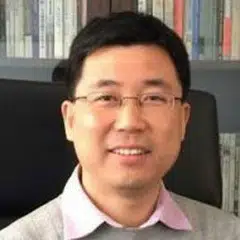Taiwan's Tsai surprised the world with her achievements, but can her good fortune last another term?
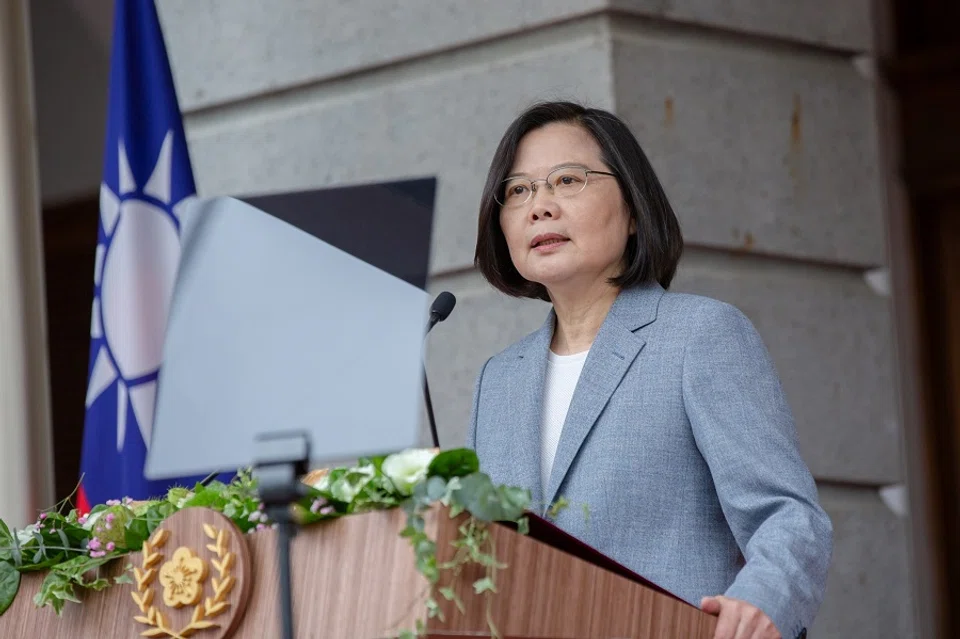
As expected, Taiwan President Tsai Ing-wen delivered her second term inaugural address on 20 May in her usual low-key and plain manner. Nothing was out of the ordinary. Yet, in mainland China's eyes, she had still failed the test as she did not clearly accept the "one-China principle" in her speech. However, this did not come as a surprise to the mainland as they have long concluded that Tsai will not openly accept the one-China principle anyway.
On the other hand, the US has always heaped high praises on Tsai's ability to rapidly improve US-Taiwan relations in a low-profile manner while maintaining a non-provocative stance towards the mainland - they should be very satisfied with Tsai's speech. A day before her speech, US Secretary of State Mike Pompeo congratulated Tsai in an unprecedented move that implies he had prior knowledge of the content of Tsai's speech. Mutual trust between Taiwan and the US can be said to have reached new heights.
Projecting a stronger sense of national identity
Tsai's second inauguration speech differs from the first one she delivered four years ago in a few ways.
Firstly, she did not express immense gratefulness for the people's votes as she did previously. Instead, she began her second speech by speaking about "a Taiwanese community", and referred to Taiwan's internationally-acclaimed successful containment of the coronavirus outbreak over the past four months as an important milestone in the growth and development of this Taiwanese community. Significantly, she first referred to Taiwan as the "Republic of China", and later used the word "country" in relation to Taiwan a few times.
This is the message she was bringing across: Taiwan's successful containment of the outbreak has greatly strengthened the Taiwan people's recognition of the "Republic of China" as a country, and forged a greater awareness of this community's shared destiny.
In a clever use of literary technique, such a narrative not only caters to the needs of Taiwan's nationalism, but also ensures that the mainland cannot find fault with it. Of course, if the mainland really wants to nitpick, it can say that Taiwan is making use of the pandemic to achieve independence, in the same way that the Tsai administration's is trying to gain membership of the World Health Organization (WHO) through the outbreak - both seek to strengthen and promote Taiwan's political independence and identity.
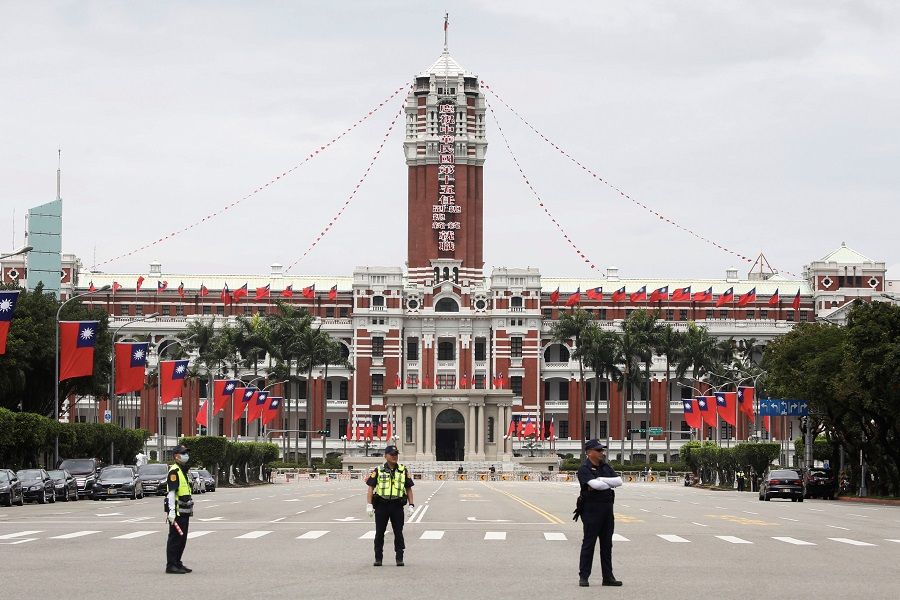
Another change from four years ago is the fact that the pandemic has accelerated changes in the global political and economic landscapes over the past four months, for which Tsai described as presenting "unprecedented challenges and unparalleled opportunities" for Taiwan over the next four years. It reminds one of the phrase "changes unseen in 100 years" that China's top leader Xi Jinping had talked about in his 2019 New Year's Eve address.
While these two sayings speak about facing challenges, Tsai's version put the emphasis on the opportunities that these extraordinary changes bring - opportunities that could help them achieve a more strategically advantageous position. Thus, these sayings are fundamentally optimistic and inspiring. However, if cross-strait relations remain tense, it would be impossible for both sides to stay optimistic at the same time - one party would eventually lose its strategic upper hand.
Thirdly, as opposed to four years ago, Tsai grouped national defence, foreign affairs, and cross-strait relations under the same topic of "national security" in her second inauguration speech. She also placed other topics like economic development, safe society, and institutional and democracy strengthening under the umbrella topic of "national development". Once again, we observe Tsai's emphasis on Taiwan as a "country" in a bid to label everything that she is doing, as "nationalistic" and for the "sake of this country that is Taiwan". Of course, after whetting their appetites over the past year, this is also Tsai and the Democratic Progressive Party (DPP)'s way of satisfying the Taiwan people's hunger for nationalism.
Not a rejection of "one country, two systems"?
Certain parts of Tsai's speech on cross-strait relations then and now are worthy of further analysis. In terms of word count, the discussion on cross-strait relations in both inauguration speeches were a mere 300 words, taking up just 5% of each of her almost 6000-word speeches. This implies that cross-strait relations were not the highlight of both of Tsai's speeches, and that Tsai is not particularly hopeful about the progress of cross-strait relations.
Is Taiwan hinting that if the mainland was able to propose a solution that does not downgrade Taiwan, there is a chance that Taiwan would accept it?
Just as she did in her previous inauguration speech, she expressed that she would abide by the Constitution of the Republic of China and the Act Governing Relations between the People of the Taiwan Area and the Mainland Area, indirectly acknowledging Taiwan's interpretation of "one China". Just a few days before her inauguration, DPP legislator Tsai Yi-yu had also withdrawn his proposal to remove the mention of "unification of the nation" from the Constitution and the Act Governing Relations between the People of the Taiwan Area and the Mainland Area in a sign that Tsai does not want the mainland to think that Taiwan is being provocative.
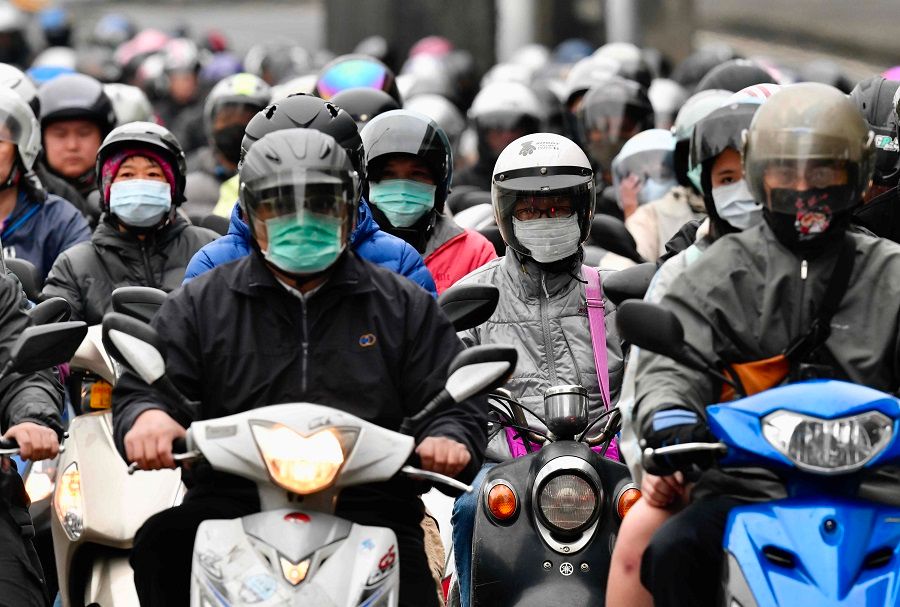
Additionally, when Tsai rejected "one country, two systems" again, it was not because of the reasons she cited in the past - "democracy and authoritarianism cannot coexist in the same country" or Taiwan is "an independent country already" - but because it would " downgrade Taiwan and undermine the cross-strait status quo". Is Taiwan hinting that if the mainland was able to propose a solution that does not downgrade Taiwan, there is a chance that Taiwan would accept it?
If the DPP thinks that the biggest obstacle standing in the way of unification is that both sides have different political systems, and that unification can only happen when the mainland has also achieved a Taiwan-style democracy, then unification would indeed be a far-away goal. However, if the biggest obstacle is instead that both sides are of unequal status, it follows that if the mainland has a unification proposal that could make Taiwan feel that they are of equal status, unification would be an achievable goal. Although Tsai rejected "one country, two systems" again, she did not sound as resolute and adamant as she did before.
Her use of "turning point" is intriguing - to the mainland, her speech was still an unsatisfactory one and cross-strait relations would only continue to worsen. How could there be a turning point?
Tsai also said that "cross-strait relations have reached a historical turning point" and that she hopes that "the leader on the other side of the Strait will take on the same responsibility, and work with us to jointly stabilise the long-term development of cross-strait relations". Her use of "turning point" is intriguing - to the mainland, her speech is still an unsatisfactory one and cross-strait relations would only continue to worsen. How could there be a turning point? Based on such a speech, how could you expect the leader on the other side of the Strait to improve cross-strait relations according to their own take on the issue?
The US factor
In actual fact, although Tsai has always been very careful in handling relations with the mainland, it is very likely that the mainland would become her greatest challenge in her second term in office. The biggest reason for this is not because of Taiwan, but because of the conflict between China and the US.
With the pandemic aggravating China-US relations, Taiwan is of an even higher strategic value to the US now. Without a doubt, the US would develop its relations with Taiwan in more industries. To the mainland, the higher the value of Taiwan to the US, the larger the threat to itself. Thus, to a large extent, it is Washington - not Tsai - that is controlling Taiwan's threat to the mainland. While Tsai firmly maintains a non-provocative attitude towards the mainland, she cannot stop Washington from using Taiwan to spite the mainland. There is a limit to the mainland's patience, and China would inevitably put more pressure on Taiwan in various aspects such as the economy, foreign relations, and the military.
Simply put, not only is mainland China unfazed by the pandemic, it thinks that it has become stronger than before. This increased confidence would definitely lead to greater conflict with the US, which is currently trying even harder to contain China.
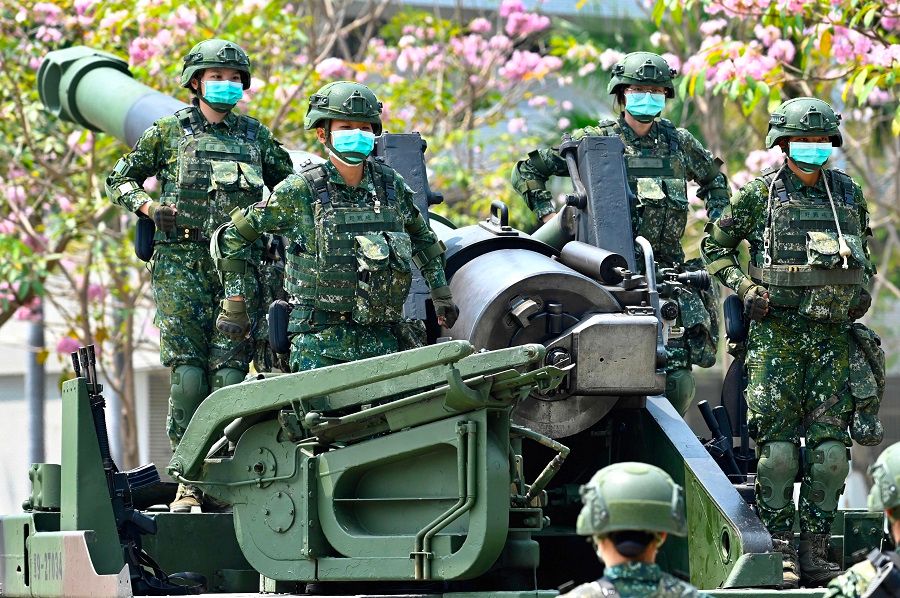
Many believe that the pandemic has seriously affected China's economy and damaged its international reputation. China could, as a result, be left with no choice but to take the initiative to improve its relations with Taiwan. But the majority of the Chinese people believe otherwise - they believe that the pandemic has dealt an even greater blow to the US economy and that China would be the first major power to recover from the pandemic. They think that the US's failure to contain the outbreak has marked a further decline in US leadership and that China would become more influential on the international stage for being the first to restore its economy. They also believe that even if global supply and value chains are to be reorganised, China could still rely on its long-term accumulation of talents, infrastructure, funds, market opportunities and other advantages to achieve greater heights amid the reorganisation.
Taipei has already forged a virtuous cycle of interaction with Washington that keeps Tsai very pleased, but the problem is that a vicious cycle of interaction is also forming between Taipei and Beijing.
Simply put, not only is mainland China unfazed by the pandemic, it thinks that it has become stronger than before. This increased confidence would definitely lead to greater conflict with the US, which is currently trying even harder to contain China. As a result, Taiwan would also be dealt with an even bigger blow.
Amid the intensification of China-US competition and a fast-changing international landscape, the next four years have provided China with adequate time to prepare and implement various actions against Taiwan. Now, Taipei has already forged a virtuous cycle of interaction with Washington that keeps Tsai very pleased, but the problem is that a vicious cycle of interaction is also forming between Taipei and Beijing. Since Tsai does not possess the ability to control this vicious cycle, this external uncontrollability would become the greatest challenge of her second term in office.
Manageable on the home front
In terms of domestic events, however, Tsai is blessed with an unprecedented favourable state of affairs. Having successfully contained the coronavirus outbreak, Tsai and the DPP are still riding high on public opinion since her election victory at the beginning of the year.
Without question, its economic growth would top the Four Asian Tigers once again.
According to opinion polls carried out by think tank Taiwan Brain Trust (新台湾国策智库), 34.5% of those interviewed were satisfied with Tsai's performance last May. This May, however, the percentage of people satisfied with Tsai's performance has increased to a whopping 74.5%. Satisfaction level for Taiwan Premier Su Tseng-chang has also increased from 43.7% to 68.9%, but Taiwan Health and Welfare minister and Central Epidemic Command Center commander Chen Shih-chung's satisfaction level was the most shocking: it saw a massive jump from 37.3% last year to 93.4% this year, speaking volumes of the enormous impact that a successful outbreak containment had on the Taiwanese.
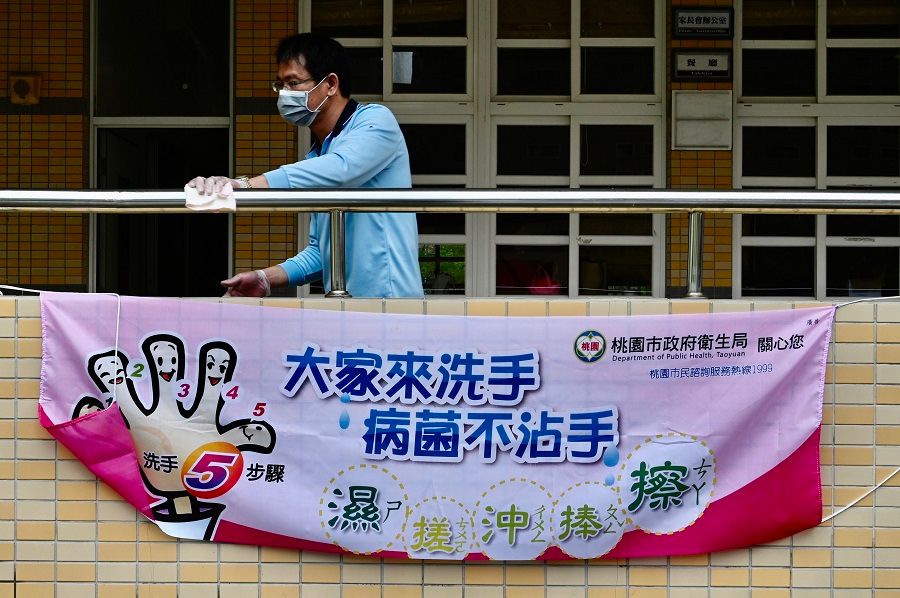
Economically speaking, Taiwan's first-quarter economic growth stood at 1.54%, with an estimated 2020 GDP growth of 2.37%. Without question, its economic growth would top the Four Asian Tigers once again. In terms of unemployment rates, Taiwan's unemployment rate stood at 3.7% in both February and March, which is similar to the figures reported during the same period last year.
Tsai's ability to transform both the opportunities from the US and the added pressure from the mainland into her own political capital has surprised the world with what she can achieve.
As Taiwan's economy and society are not badly affected by the pandemic, Taiwan's economic stimulus package was only equivalent to 5.5% of the country's GDP, a proportion much lower than many other developed countries. More importantly, as Kuomintang - DPP's biggest political opponent - has yet to show signs of recovery from its low satisfaction levels, the Tsai administration has, in turn, gained more manoeuvring space in its governance.
Over the past four years, Tsai's ability to transform both the opportunities from the US and the added pressure from the mainland into her own political capital has surprised the world with what she can achieve. In the next four years, can she still effortlessly manoeuvre an "externally tumultuous but internally favourable" situation? Perhaps, putting up such a gutsy front is all the more necessary for Tsai and her team in such challenging times.
Related: Chinese academic: Tsai's true intention was to redraw boundaries in cross-strait relations | Mainland China and Taiwan: Game of push and pull continues amid the Covid-19 epidemic | With American aircraft carriers paralysed, China's Liaoning leads drills around Taiwan | He who wins over the young people wins the world
